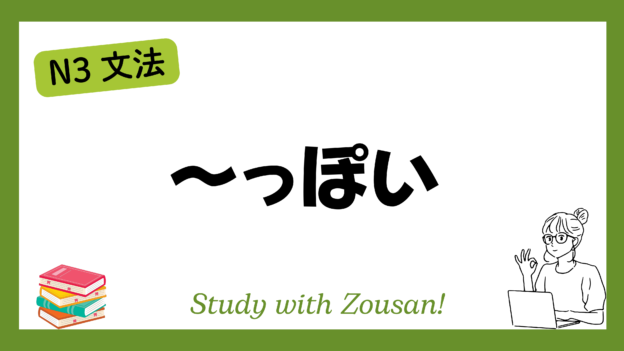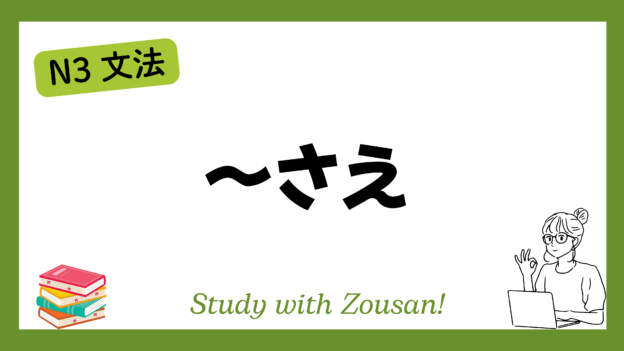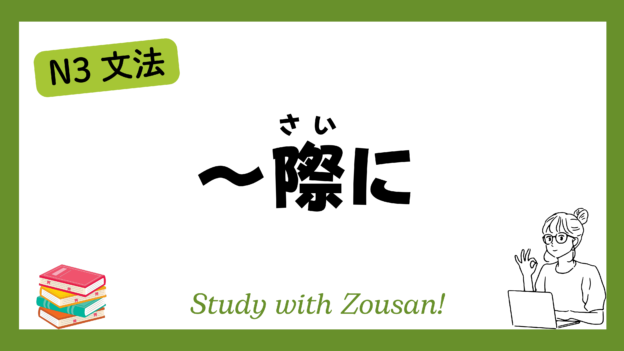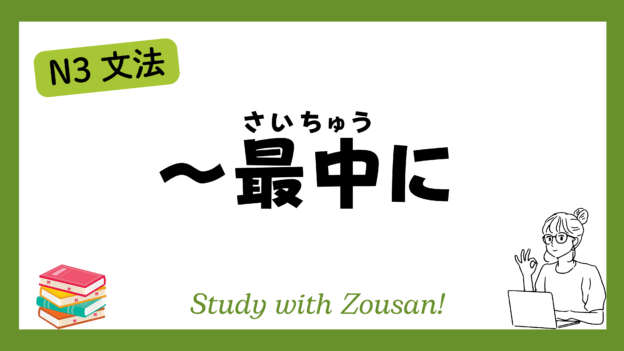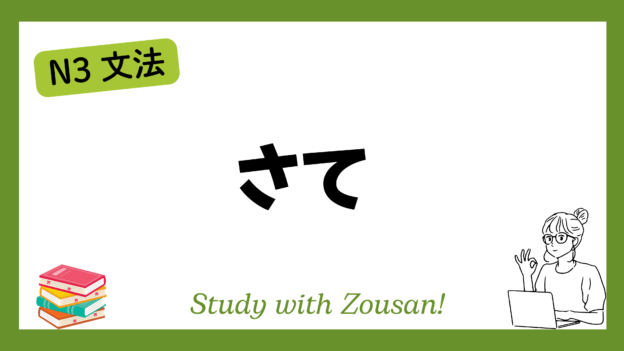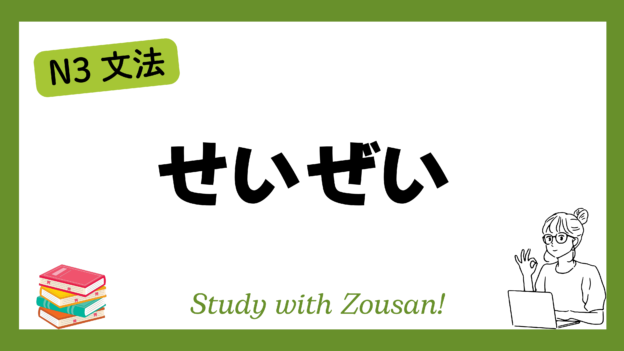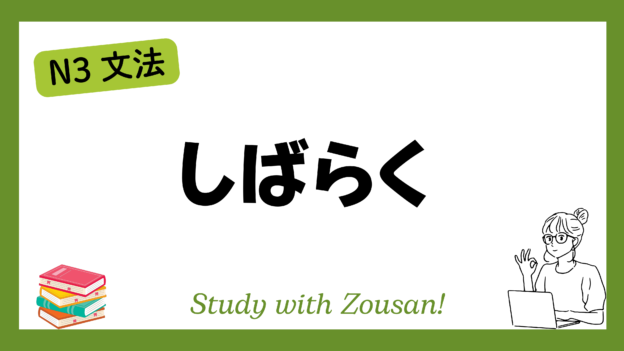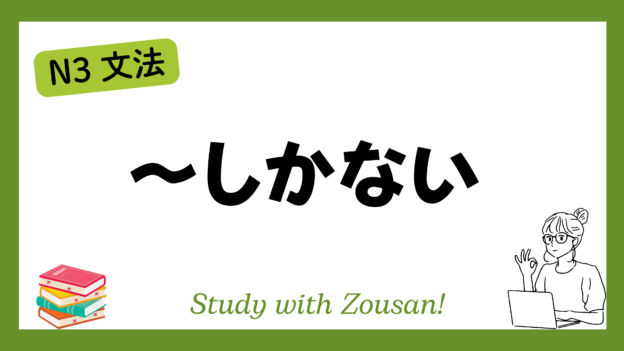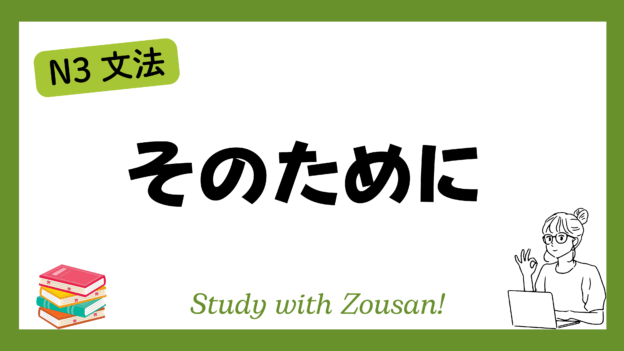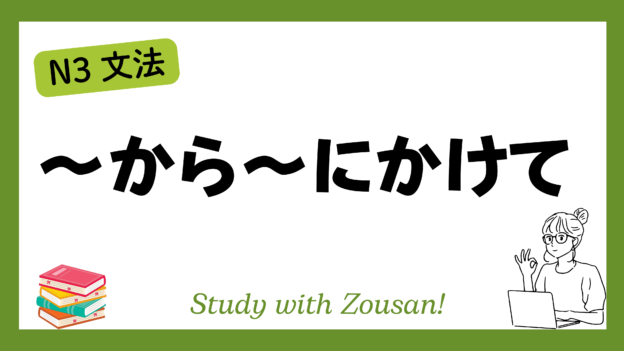Meaning: “Seems like…”, “Looks like…”, “Tends to…”, “Feels like…”
“~っぽい” is used to describe something that has a certain quality or characteristic, often based on appearance or behavior. It can also indicate that something tends to behave or feel in a certain way. It is a casual expression often used in everyday conversation to describe something that has the feel or look of something else.
※Note: “~っぽい” can carry a slightly informal tone and is often used to describe both positive and negative qualities, depending on the context.
Structure:
| Verb |
+ っぽい |
| Noun | |
| い-adjective |
Example:
-
-
-
🌟 彼は忘れっぽい。
(かれ は わすれっぽい。)
He tends to be forgetful. -
🌟 このコートは安っぽい。
(この コート は やすっぽい。)
This coat looks cheap. -
🌟 彼女は怒りっぽい性格だ。
(かのじょ は おこりっぽい せいかく だ。)
She has a short temper. -
🌟 この料理は油っぽい。
(この りょうり は あぶらっぽい。)
This dish is greasy. -
🌟 子供っぽい行動をやめなさい。
(こどもっぽい こうどう を やめなさい。)
Stop acting childish. -
🌟 彼の話は嘘っぽい。
(かれ の はなし は うそっぽい。)
His story sounds like a lie. -
🌟 この部屋はちょっと寒っぽい。
(この へや は ちょっと さむっぽい。)
This room feels a bit cold. -
🌟 彼女は最近疲れっぽい。
(かのじょ は さいきん つかれっぽい。)
She has been looking tired lately. -
🌟 彼は仕事をやめたいと言っているけど、本気っぽくない。
(かれ は しごと を やめたい と いっている けど、ほんきっぽくない。)
He says he wants to quit his job, but it doesn’t seem serious. -
🌟 彼の服装はいつも学生っぽい。
(かれ の ふくそう は いつも がくせいっぽい。)
His clothes always look like a student’s.
-
-


